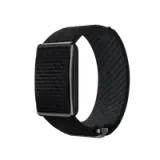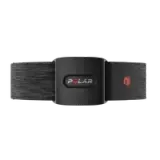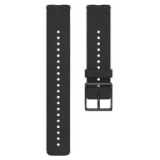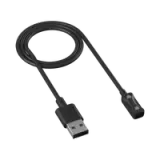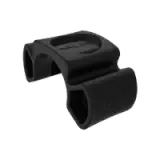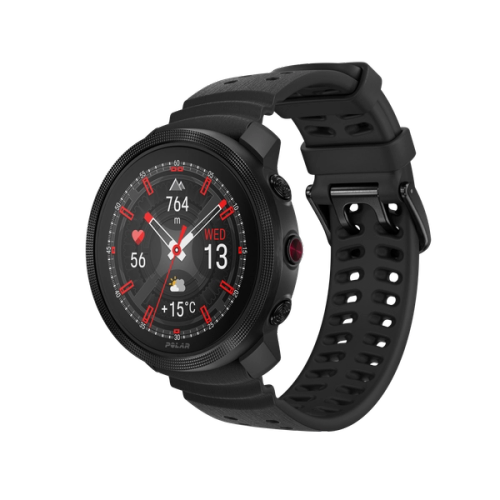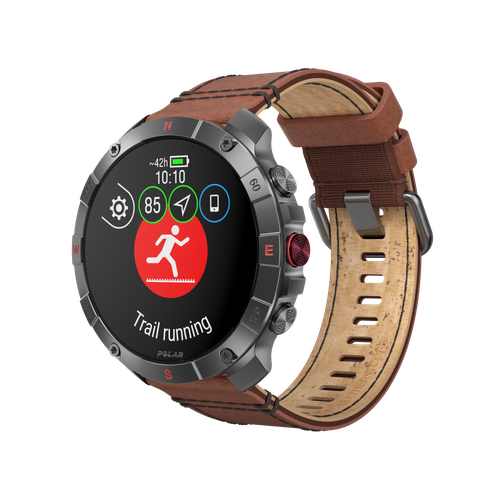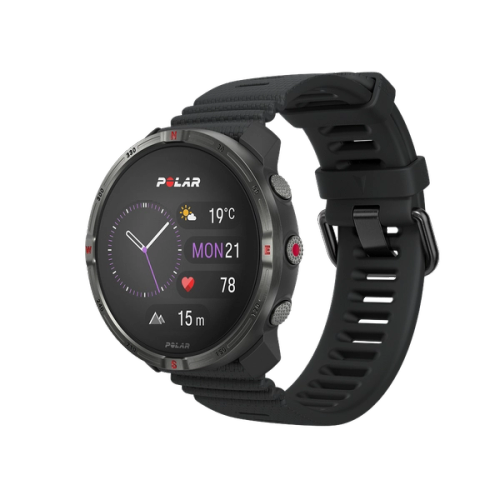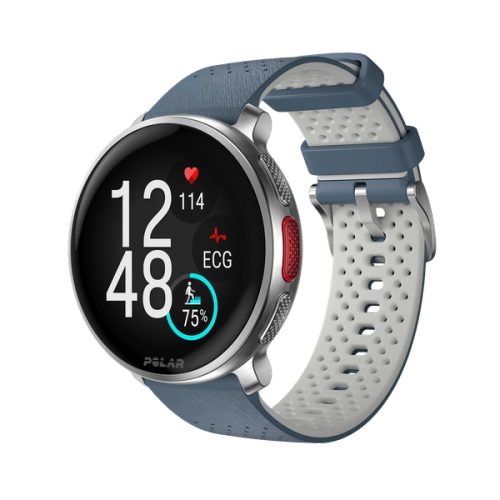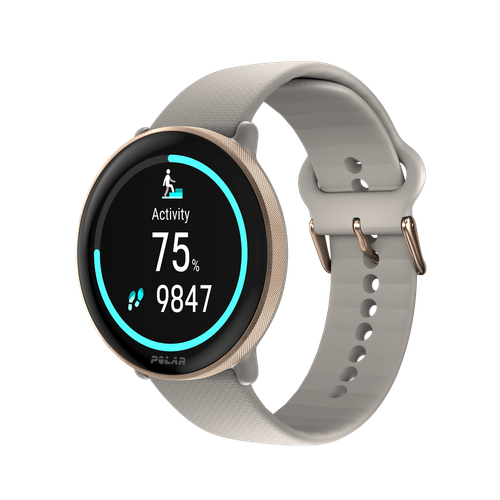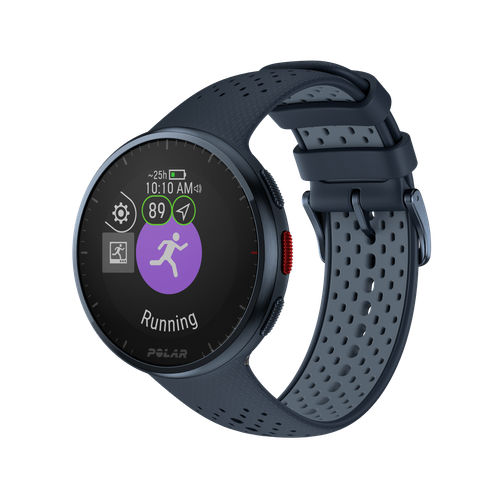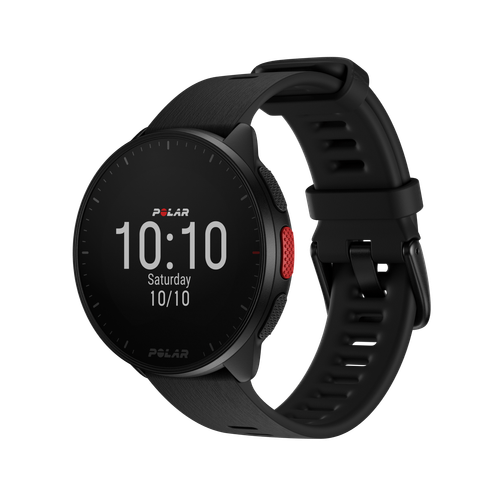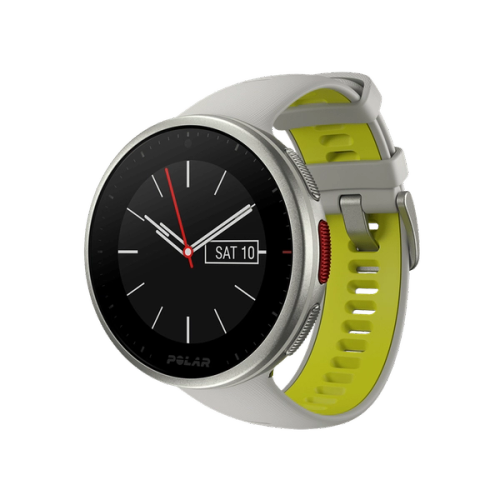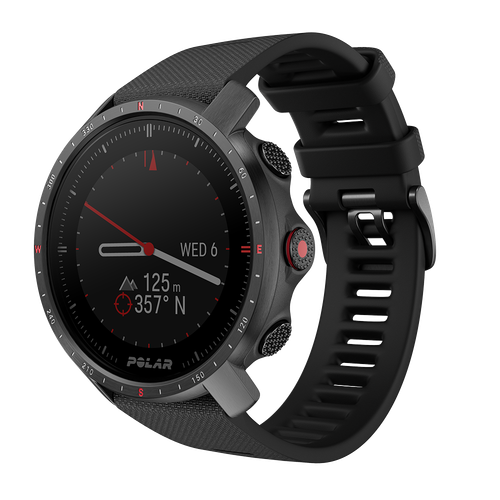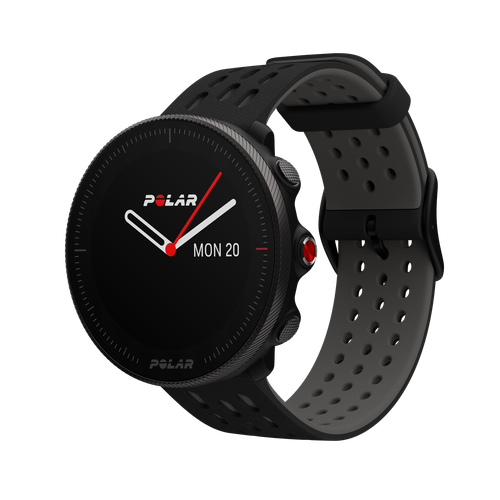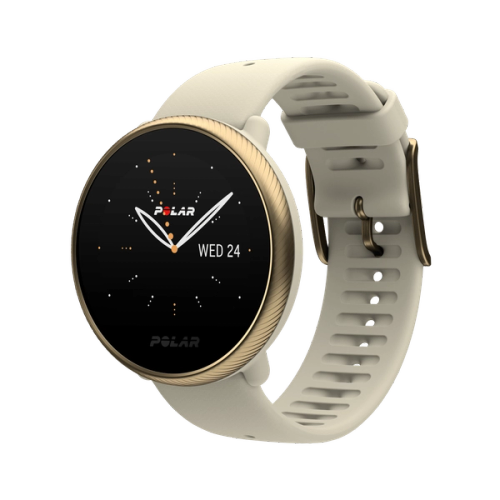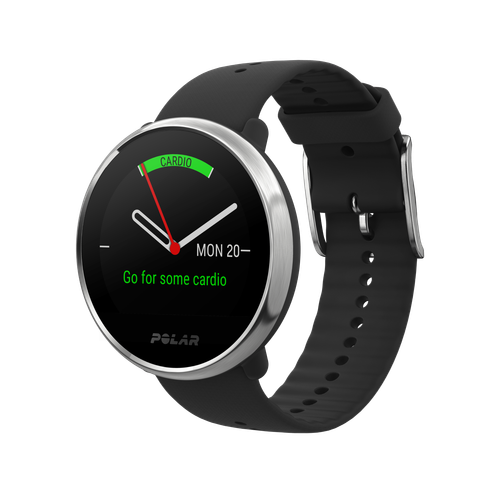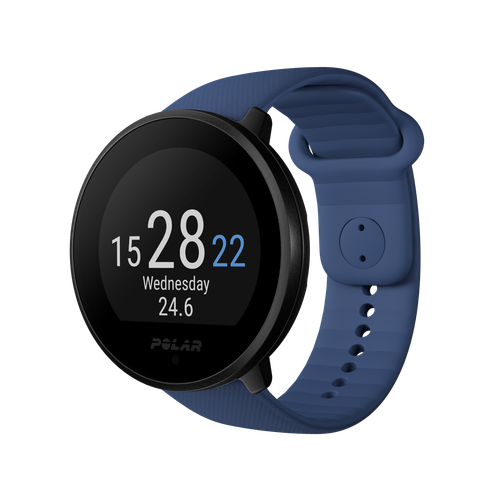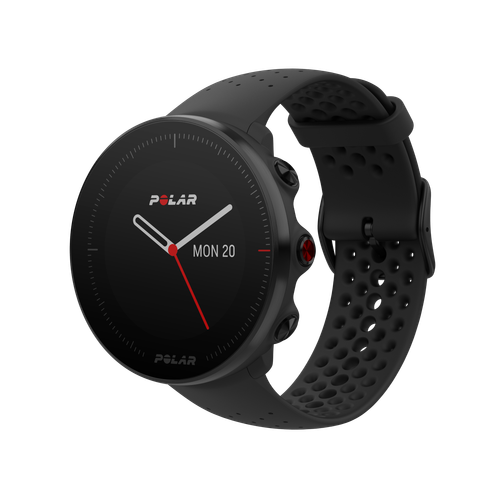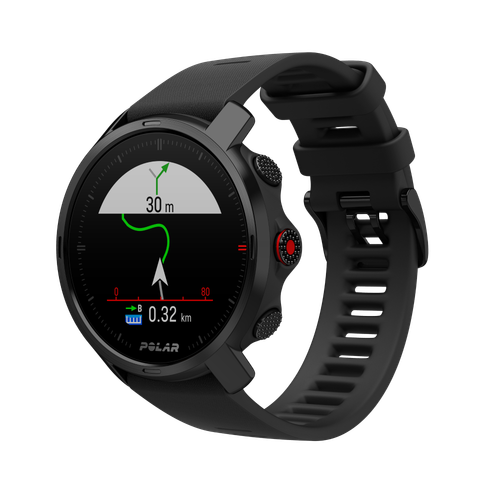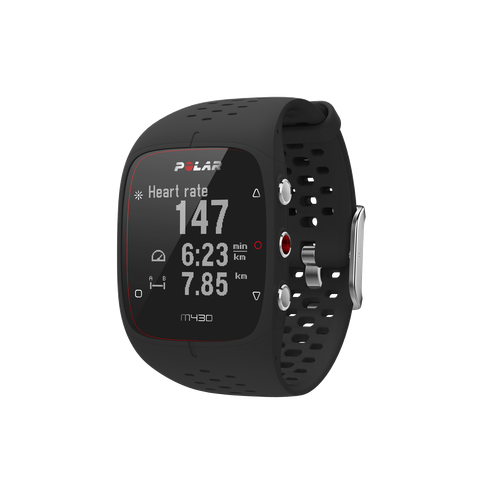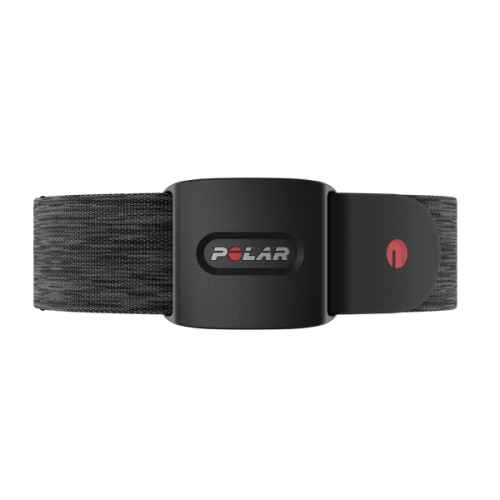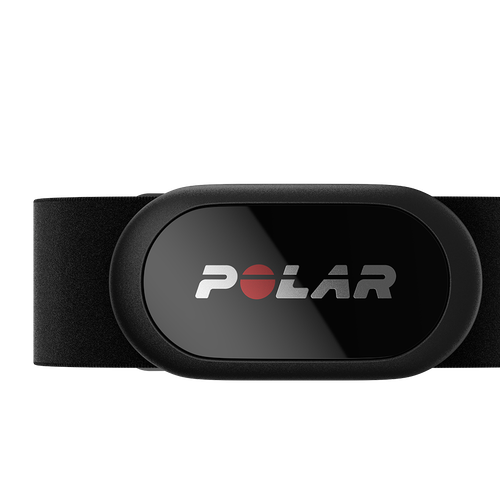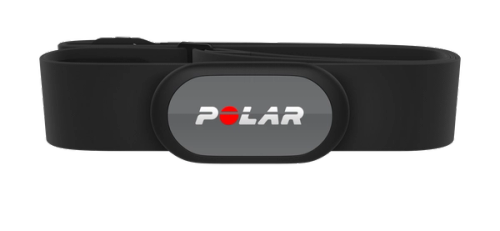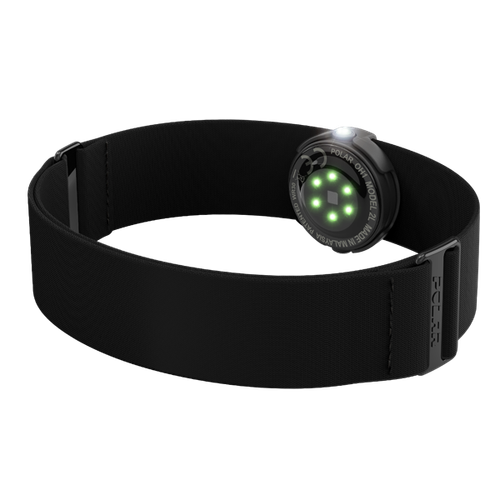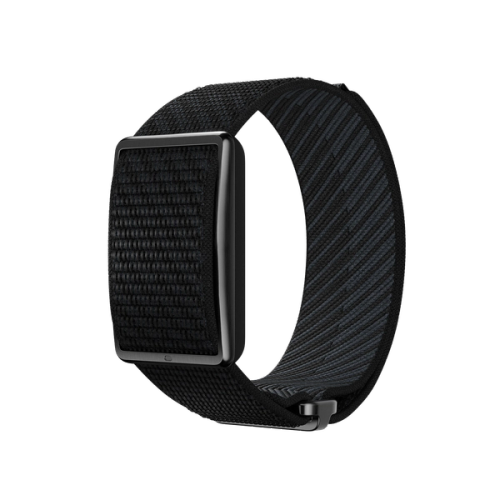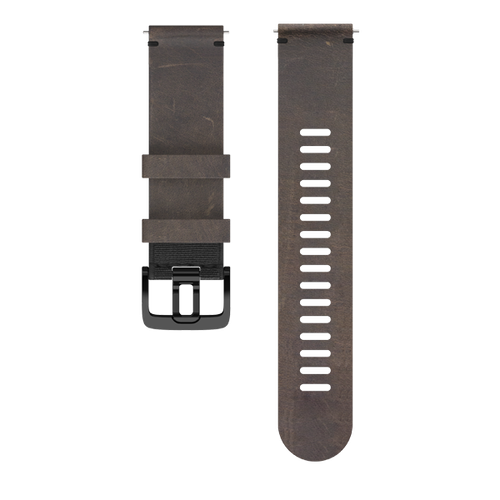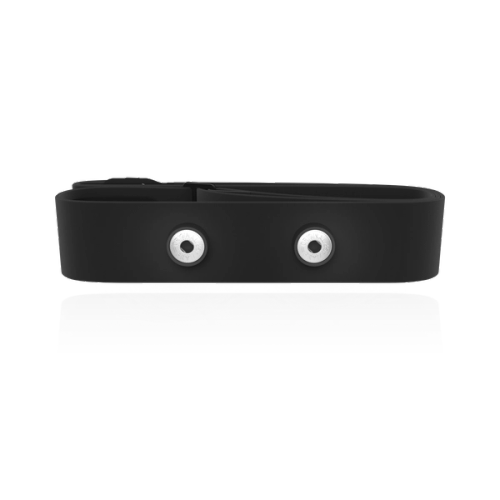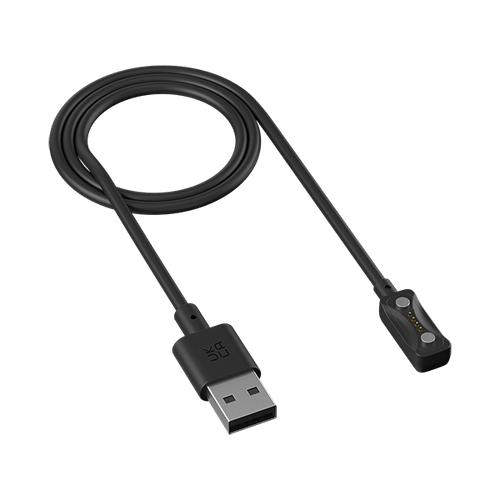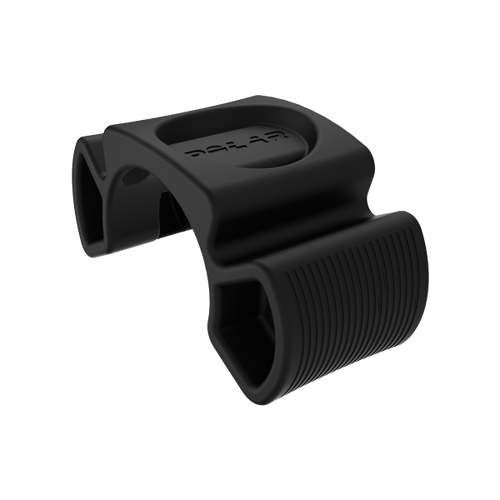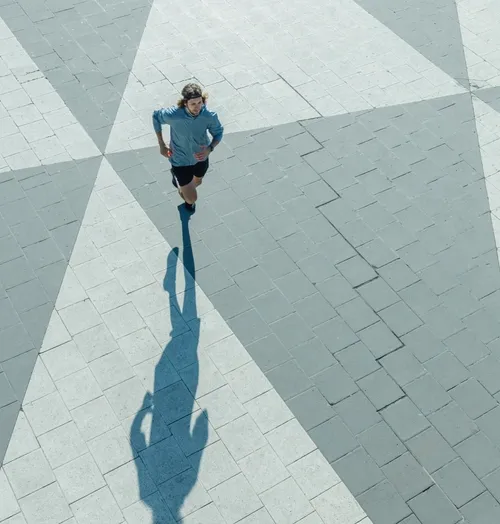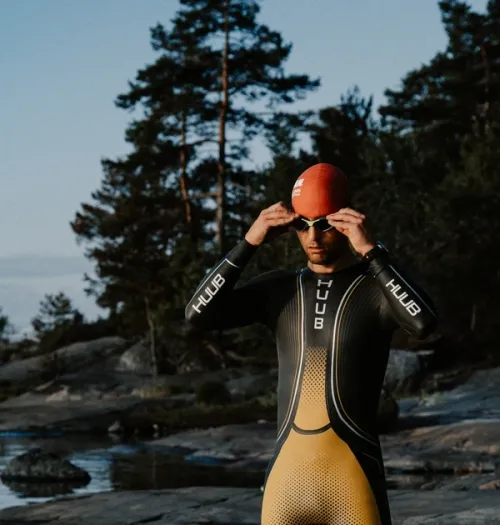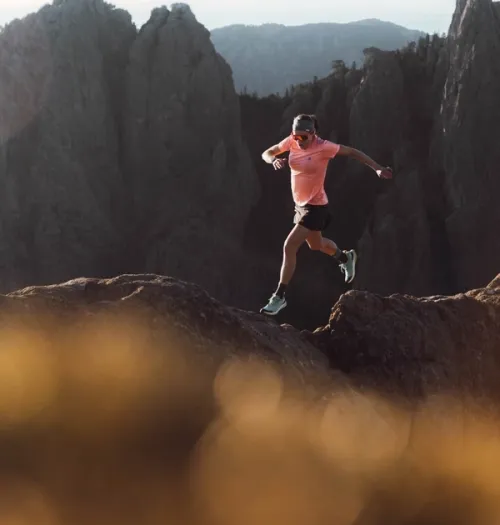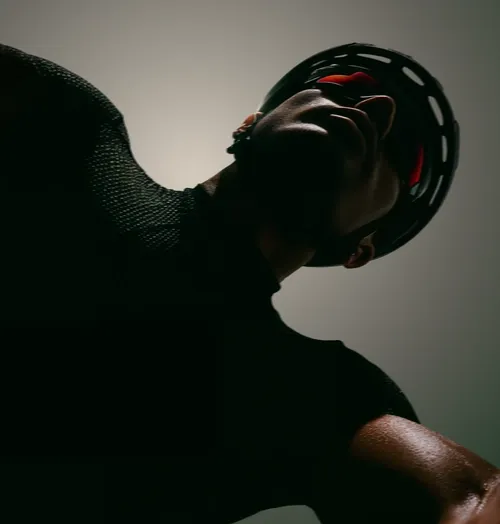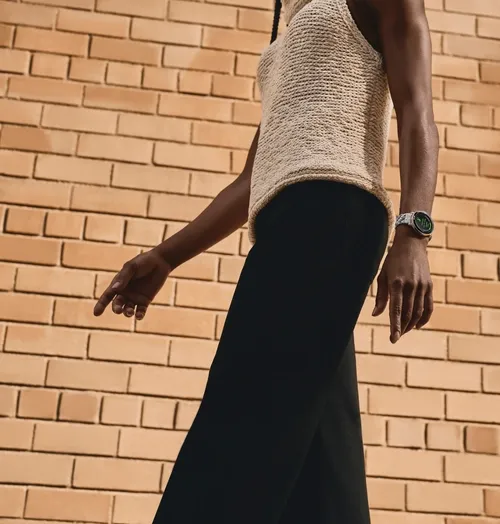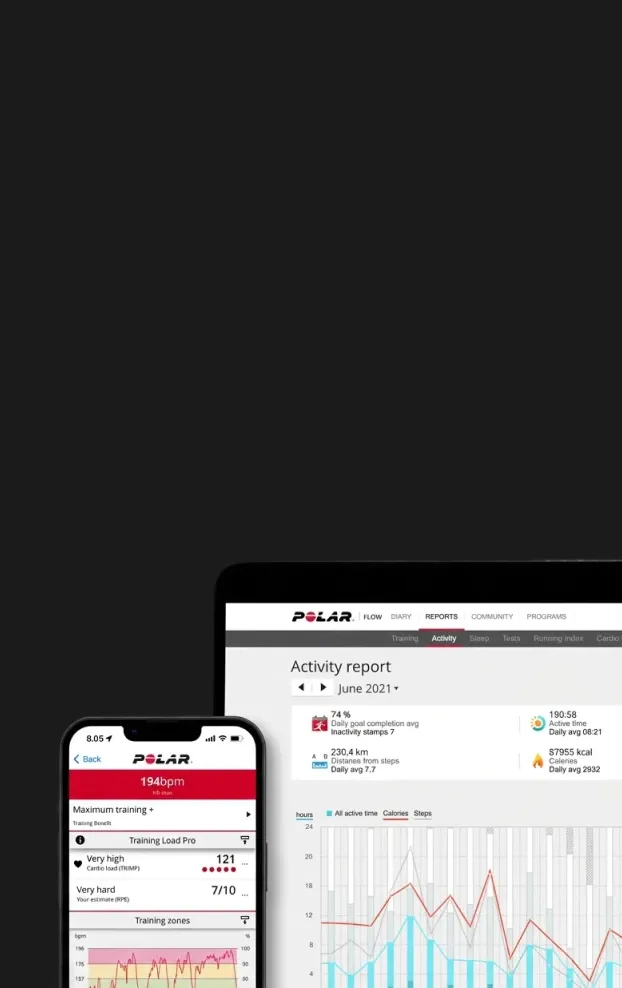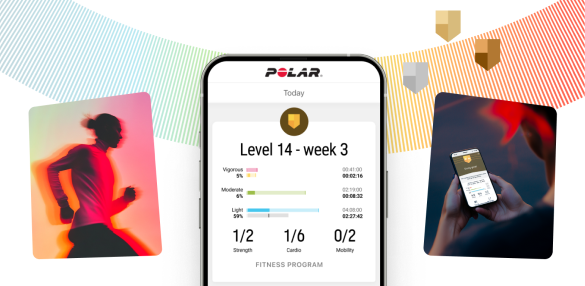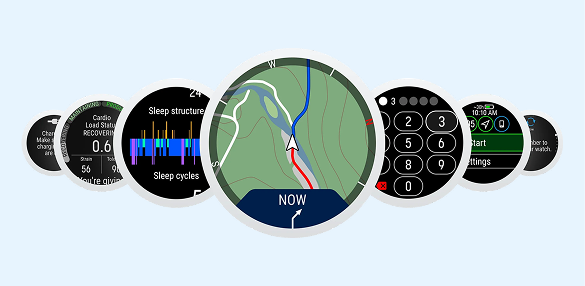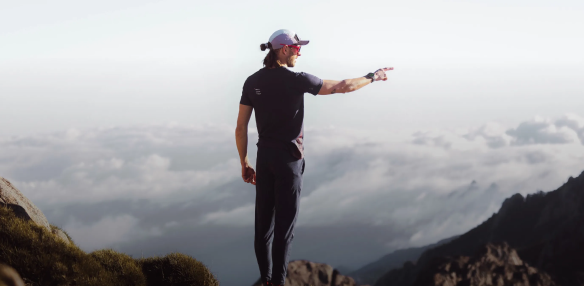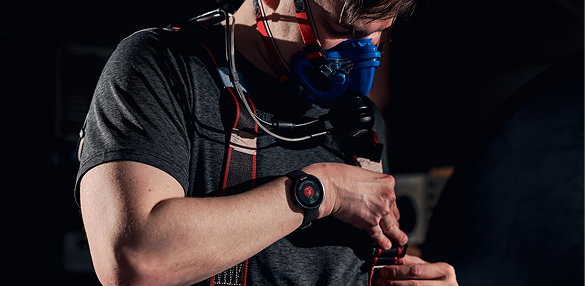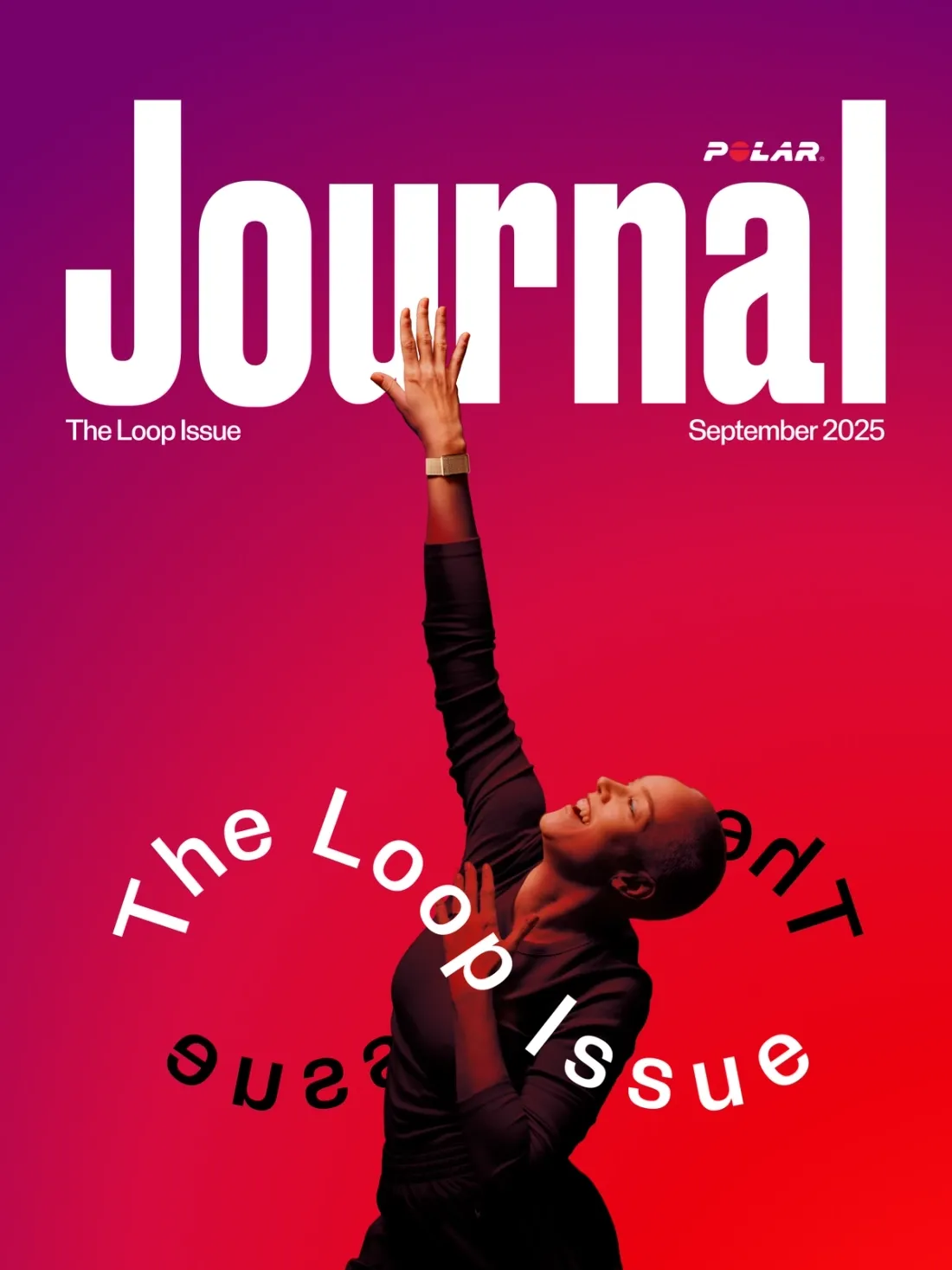Ever felt that nagging tightness in your calves, the subtle ache that whispers, "Maybe not today?" Pushing through fatigue might seem like dedication, but running on tired muscles is risky. It's often the very ground where injuries take root, that subtle over-stress that turns into a long-term issue. But it's not just about avoiding injury, is it? It's about thriving, unlocking your full potential, and enjoying the journey as much as the destination. That's where the beautiful, often misunderstood, world of recovery comes in.
Recovery is so much more than just hitting the snooze button and binge-watching your favorite show. It's truly a beautiful, holistic dance, a thoughtful interplay between your physical and mental well-being. Think of it as a symphony, where sleep, mindful nutrition, and restorative practices blend harmoniously. And yes, it also includes intentionally lowering your training intensity and incorporating active recovery, like gentle stretching or light movement, to encourage blood flow and healing. This recovery period is the essential counterpoint to the intensity of your training, allowing your body and mind to adapt, rebuild, and ultimately, emerge stronger and more resilient than before.
And the best part? You don't have to navigate this complex landscape alone. A good coach becomes your guide, helping you understand your body's unique needs and crafting a recovery plan that fits seamlessly into your life. Let's delve into how a supportive coach can help you master the art of recovery, transforming it from an afterthought into a cornerstone of your athletic journey.
Why you can't "recover like a pro"
It's wonderful to be inspired by elite athletes, isn't it? Seeing their dedication and incredible achievements can be very motivating. However, when it comes to recovery, trying to replicate a "pro's" routine straight from social media generally won't be the best path for you. The reason comes down to one essential truth: their lives are often structured entirely around their sport, with dedicated teams supporting their every need. Plus, most days they probably have time to just chill between workouts. After all, naps are part of their working time.
Your life, beautifully unique, has its own rhythm. You have commitments, relationships, and daily routines that shape your experience. That's where a coach comes in. If they're the right kind of guide (more on that below), they'll genuinely help you understand your individual needs. They'll work with you to build a training plan that fits seamlessly into your life, considering your work, family, personal circumstances – and recovery.
That's why instead of chasing a "one-size-fits-all" approach, a coach helps you look inward. They'll help you identify what's truly non-negotiable in your life – your health, your loved ones, your career – and then design a training and recovery plan that honors those priorities. It's about finding your optimal balance, not someone else's.
undefined
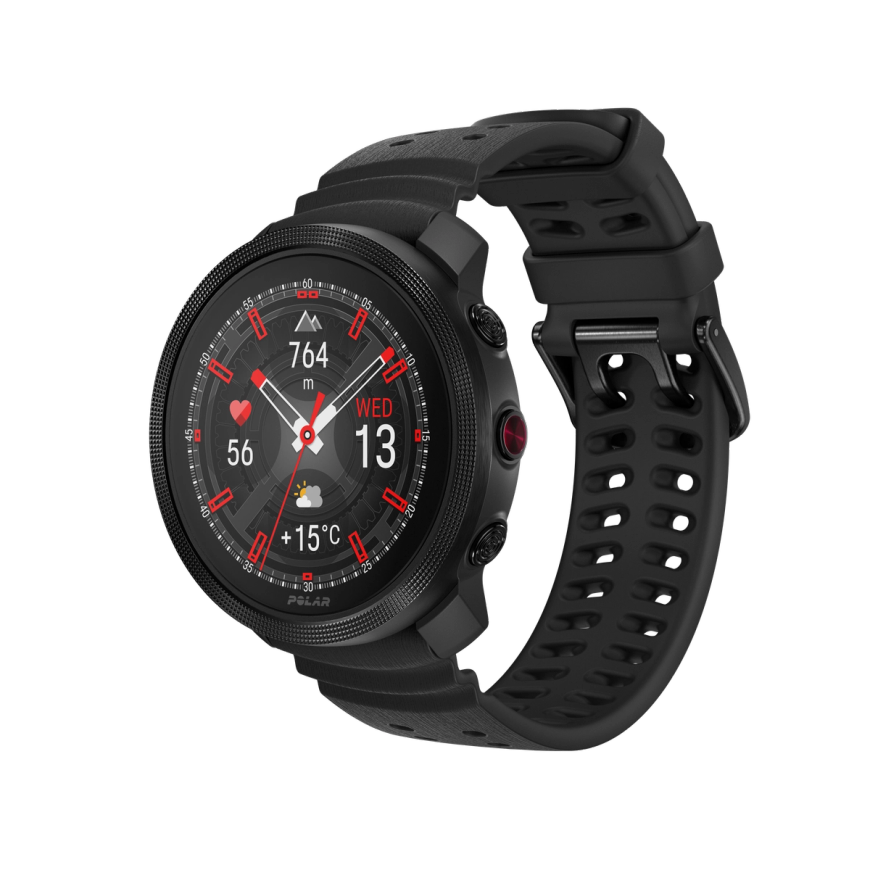
Polar Vantage M3
Smart Multi-Sport Watch
Polar Vantage M3 is a smart multi-sport watch for multi-sport athletes that’s compact yet powerful, stylish yet strong, and designed to bring extraordinary training, sleep and recovery tools into everyday life.
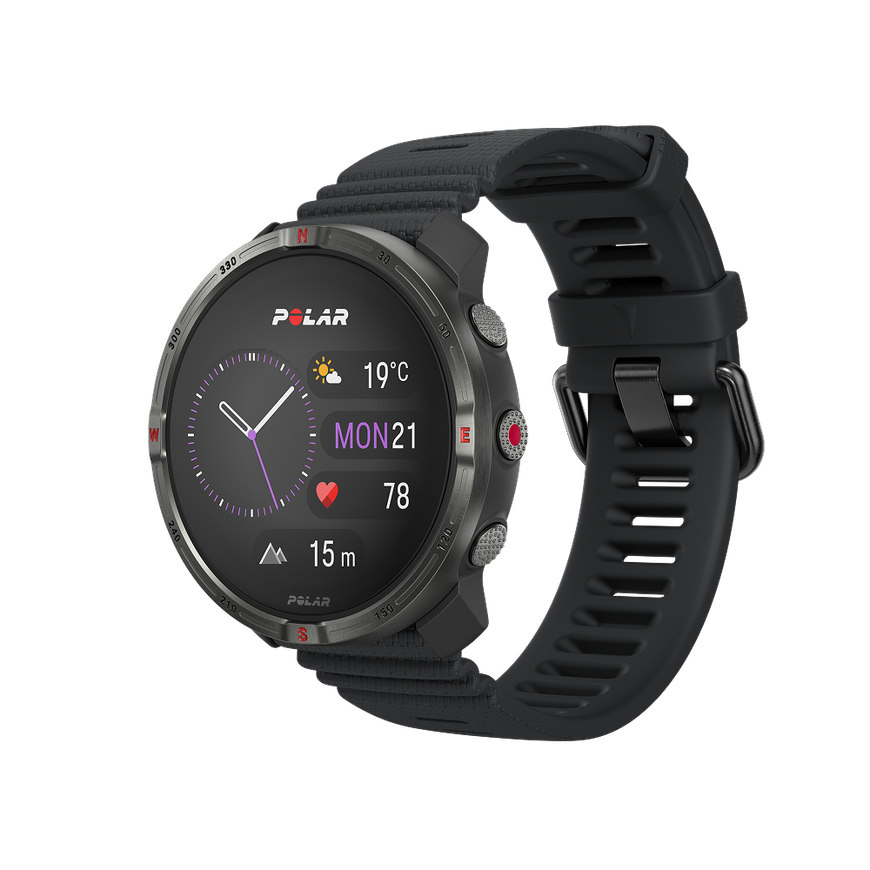
Polar Grit X2
Outdoor Watch
Polar Grit X2 is a compact, robust outdoor watch crafted for big adventures and everyday performance. With advanced training tools, sapphire glass AMOLED display, and precision navigation with full-color maps, it’s built for life on and off the trails.
Why recovery is one of the pillars of a good coach-athlete relationship
You see, a good coach understands that pushing hard is only half the story. The other half, the equally crucial part, is knowing when and how to rest and recover. It's about building a sustainable path, not just a sprint. When a coach prioritizes recovery, they show they care about you, the athlete, as a whole person, not just a performance metric.
Openly discussing recovery, from sleep and nutrition to stress management, creates a space of trust and understanding. It's a dialogue, not a lecture. By acknowledging the challenges of consistent recovery, a coach shows empathy and a willingness to work together to find solutions. And when those solutions lead to improved performance, it strengthens the bond and reinforces the importance of this often-overlooked pillar. It's about building a foundation of care where both coach and athlete thrive.
Discover Polar Journal
Polar Journal is a space for stories that inspire movement. Each edition blends practical training tips, sports science, and inspiring journeys from athletes and those who live and breathe an active life.
Read Polar Journal
The importance of recovery in coaches
Side note: recovery isn't just vital for athletes – your coaches must also take care of themselves! A 2021 study suggested the "recovery umbrella" concept, beautifully illustrating how coaches and performance staff must also prioritize their own well-being. That's because a coach who's constantly stressed, sleep-deprived, or neglecting their own needs can't effectively support their athletes.
The study highlights how the pressures and demands of elite sports can take a significant toll on the coaching staff. Long hours, travel, emotional investment, and the constant pressure to perform can lead to burnout and decreased effectiveness. Just like athletes, coaches need to employ recovery strategies to maintain their physical and mental resilience.
By prioritizing their recovery, coaches not only improve their well-being but also create a healthier and more supportive environment for their athletes. When coaches demonstrate a commitment to self-care, they model healthy behaviors and normalize the importance of rest and recovery. In turn, you can support your coach’s recovery by being mindful of things like not messaging them late at night to ask about tomorrow’s workout.
Overall, this modeling creates a culture where everyone feels empowered to prioritize their well-being, leading to better overall performance and a more positive and sustainable sporting environment. It's truly a win-win for everyone involved.

How should a coach approach your recovery?
Let's look at ways a coach might structure recovery into your training plan. If you notice these types of recovery aren't in there, chat with your coach to understand their approach further.
First, a good coach will take a seasonal approach. They recognize that being constantly ON isn't healthy or productive. They'll ensure you have periods of lower training intensity, perhaps between seasons or major events, allowing your body and mind to recuperate fully. They'll be particularly attentive if you seem perpetually driven, even during vacations, gently reminding you that proper rest is essential.
Within your training blocks, they'll strategically incorporate phase/block recovery. These aren't just random "easy days," but carefully planned periods of 2-5 days with reduced stress. They'll help you understand that stress is cumulative, whether it comes from training, work, or personal life, and that these recovery phases allow your body to adapt and rebuild.
Within your training blocks, a good coach will thoughtfully weave in periods of strategic phase/block recovery. These aren’t just random ‘easy days,’ but carefully planned phases, like a dedicated recovery week, even when you're feeling fantastic. Think of the common ‘3 weeks hard + 1 week easy’ approach. It's about proactively managing stress, not just reacting to fatigue. They'll help you understand that stress accumulates, whether it comes from intense training, a demanding job, or everyday life. These planned recovery phases allow your body and mind to adapt and rebuild, preventing burnout and setting you up for consistent, long-term progress. It's about building a sustainable rhythm, where you consistently thrive.
Then, there are the easier training days/sessions. A wise coach will emphasize the purpose of these days: to facilitate recovery or prepare for key sessions. They'll remind you that it's not about chasing records on every workout but about allowing your body to rejuvenate. They'll guide you away from the common pitfall of turning easy days into hidden hard ones, which ultimately undermines your progress.
And, of course, there are rest days. While some coaches might overemphasize complete inactivity, a well-rounded coach understands that rest is nuanced. They'll consider your individual needs and might suggest light, restorative movement, like gentle stretching or a leisurely walk. They'll be mindful of athletes who only rest when forced to (by illness or external factors), recognizing that this signifies a lack of genuine recovery.
Ultimately, a good coach structures recovery not as an afterthought but as an integral part of your training plan. They see it as a partnership, helping you understand your body's signals and build a balanced, sustainable approach to achieving your goals.
undefined

Polar Grit X2
Outdoor Watch
Polar Grit X2 is a compact, robust outdoor watch crafted for big adventures and everyday performance. With advanced training tools, sapphire glass AMOLED display, and precision navigation with full-color maps, it’s built for life on and off the trails.
How to assess recovery
A truly effective coach recognizes that understanding your recovery goes far beyond numbers on a screen, like HRV readings or performance metrics. It's about building a genuine dialogue, a continuous conversation that goes beyond simple data points. They'll check in with you regularly, not with a rigid checklist, but with genuine curiosity and a caring ear. This is a collaborative journey, an exploration of your overall well-being. Open, honest communication is key. So, let's explore the types of questions you should expect, and the kind of information you can share, to empower your coach to personalize your training for optimal recovery and performance.
- How have you been sleeping? Not just "Did you sleep well?" but more detailed questions like, "How many hours of quality sleep did you get last night? Have you noticed any recent disruptions? Did you feel rested upon waking?" They might also ask about specific instances of under-sleeping, exhaustion during the day, or alcohol consumption, recognizing that these factors significantly impact recovery. They'll work with you to review your sleep metrics and understand what story the numbers tell about your training.
- How have you been fueling? They won't just ask about "eating healthy," but rather, "Can you describe your typical meals and hydration habits recently? Have you been consistently fueling your body, especially around training sessions? Have you missed any post-training refueling windows?" They'll help you understand the connection between your diet and your performance.
- What has been stressful lately? They might ask you to rate your stress on a scale, but more importantly, they'll want to know the sources of that stress. They understand that stress isn't just about training – it can come from work, relationships, or other life events.
- Which types of recovery practices have you been using? Not just "Are you stretching?" but "What specific recovery strategies are you using? Are they working for you?" They'll encourage you to explore different methods, like foam rolling, massage, or meditation, and find what best suits your needs.
- Describe your energy levels and mood. These are vital indicators. They'll ask you to describe your energy throughout the day and how you're feeling emotionally. They'll be attentive to any signs of fatigue, burnout, or emotional distress.
- Have you been experiencing any pain or discomfort? They'll listen carefully to your descriptions and help you address any potential issues before they become serious.
- What percentage would you use to describe your work/life balance? They'll understand that you're more than just an athlete, and they'll help you find a sustainable balance between your sport and your personal life. Remember, it doesn't always have to be a perfect 50/50, but when it isn't, that's when your coach really needs to know.
By asking these sorts of thoughtful questions, a good coach creates a safe space for open communication, helping you understand your body and mind and, ultimately, ensuring your long-term well-being and success.
Enjoying this article? Subscribe to Polar Journal and get notified when a new Polar Journal issue is out.
Subscribe
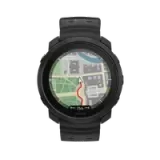 Polar Vantage M3
Polar Vantage M3
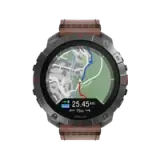 Polar Grit X2 Pro Titan
Polar Grit X2 Pro Titan
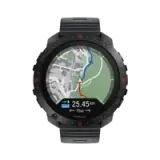 Polar Grit X2 Pro
Polar Grit X2 Pro
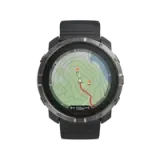 Polar Grit X2
New
Polar Grit X2
New
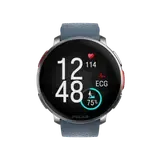 Polar Vantage V3
Polar Vantage V3
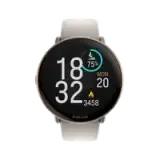 Polar Ignite 3
Polar Ignite 3
 Polar Ignite 3 Braided Yarn
Polar Ignite 3 Braided Yarn
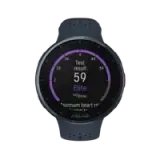 Polar Pacer Pro
Polar Pacer Pro
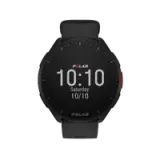 Polar Pacer
Polar Pacer
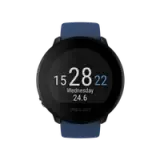 Polar Unite
Grit X Series
Vantage Series
Pacer Series
Ignite Series
Polar Unite
Grit X Series
Vantage Series
Pacer Series
Ignite Series
